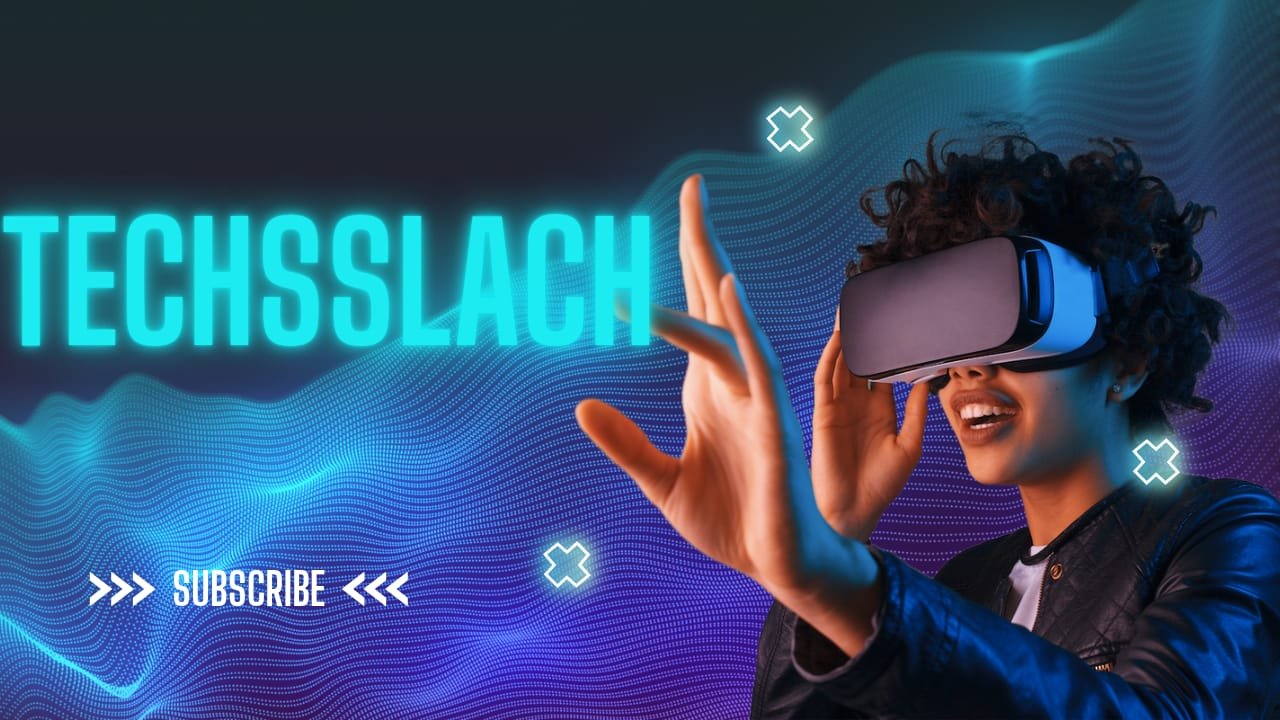Introduction
Science fiction no longer contains the only portrayal of Artificial Intelligence (AI). AI technology now exists as a natural addition to how people interact with daily life during our modern digital era. Artificial intelligence through smart devices including smart speakers and intelligent refrigerators completely alters human-technology interfaces in everyday life. The shift represents a significant achievement which simultaneously reshapes our daily life and working patterns and networking opportunities.
This article investigates how modern technology shapes day-to-day operations by utilizing AI innovations to create smarter homes and enhanced operational efficiency while improving everyday convenience beyond imagination.
Table of Contents
The Rise of Smart Homes
Home automation entered a fresh phase when AI technology became available. Today’s smart home technology features machine learning algorithms that adapt to gather user activities and personal choices.
Smart Homes implement AI through several examples including smart thermostats and voice-assisted controllers.
Smart Thermostats: Google Nest tracks your daily patterns to manage home temperature so you conserve energy.
Voice Assistants: Voice assistants including Alexa and Siri and Google Assistant let users operate lights and appliances by speaking normal voice commands to make purchases through their connected grocery services.
Smart Security Systems: Technology-enabled video surveillance systems use artificial intelligence to recognize family members present in the home while monitoring unusual behaviors to trigger automatic instant alert notifications.
The combination of technological features goes beyond basic convenience by protecting your home better while reducing energy consumption.
AI in Personal Gadgets
The use of AI technology produces improvements for personal devices beginning with smartphones up to wearables and ending with laptops.
AI Applications in Personal Tech:
- Smartphones: Through AI users gain advantages in photo enhancement technology alongside voice detection capabilities and recommended application suggestions and improved power management capabilities.
- Smartwatches and Fitness Trackers: Smart wearables leverage AI technology to track users’ heart rate and evaluate their sleep quality alongside their physical movement. These devices present meaningful health information derived from your health-related data.
- Laptops and Tablets: AI productivity tools provide enhanced functionality through tools that predict typing text and suggest appropriate content as well as applying real-time translation enhancements.
- Modern technology now enables user personalization which enhances the usability of everyday activities.
AI in Transportation and Navigation
The predictions for both self-driving cars and intelligent traffic systems have become present-day reality. AI technology continues to advance significantly as it redesigns the way people move from place to place.
Key Developments:
- Autonomous Vehicles: Self-driving cars from Tesla along with vehicles from Waymo demonstrate AI-powered capabilities for steering navigation and road obstacle recognition and automated decision-making.
- Smart Traffic Management: Real-time traffic analysis done through AI software helps reduce congestion while it optimizes routes.
- AI-Powered Ride-Sharing: The combination of artificial intelligence powers the Uber and Lyft apps through matching driver-passenger connections along with ETA estimations and route recommendation calculations.
Transportation systems enhanced by AI technology provide both more convenient travel methods and decreased environmental emissions as well as increased roadway security systems.
AI in Healthcare Devices
Breakthrough developments in healthcare are powered by AI which enables both diagnostic instrumentation and patient monitoring tools.
- AI Innovations in Healthcare:
- Wearable Health Monitors: Real-time vital measurements are tracked by these devices which provide warnings to users and medical personnel when abnormalities occur.
- AI in Diagnostics: Portable X-ray machines combined with ultrasound equipment utilize AI technology to deliver both fast diagnoses and precise outcome results.
- Virtual Health Assistants: AI-powered smartphone apps and chatbots assist users by answering medical questions and managing their medications and booking their medical appointments.
AI technology expands healthcare service reach throughout all geographic locations including remote areas.
AI and Consumer Appliances
The integration of AI has brought intelligence to ordinary household devices starting with refrigerators and washing machines.
Examples of Smart Appliances:
- Refrigerators: Users receive recommendations for recipes and receive alerts about impending food expiration dates through this system.
- Washing Machines: Washers must automatically modify their water and detergent quantities to match both fabric variations and load dimensions.
- Vacuum Cleaners: Computerized vacuum cleaners known as Roomba employ Artificial Intelligence technology to create maps of homes so they can clean spaces with effectiveness.
These products cut down human work by delivering better performance with less energy usage
Challenges and Considerations
The advantages of AI integration face several obstacles during implementation.
Common Concerns:
Privacy: AI devices collect extensive user data which creates user consent issues while simultaneously raising data security risks.
Dependence: Countless dependance on artificial intelligence could lead to diminished human abilities as well as critical thinking skills.
Affordability: Many potential buyers face accessibility problems because of the high cost of devices that utilize AI technology.
Manufacturers alongside governments need to tackle these challenges by implementing regulations while boosting transparency and developing innovation practices.
Final Thoughts
AI-powered devices evolve beyond exclusive products because they now form foundational components of contemporary living environments. The advancement of AI transforms our everyday technology into intelligent solutions that feature both higher efficiency and personalized features for homes and workplaces and medical facilities and automotive platforms. AI technology will continue to advance without limit boundaries for everyday applications.
AI adoption needs to be done with equal focus on ethical standards and privacy protection alongside complete accessibility. AI integration under thoughtful guidance will create a world that benefits everyone



